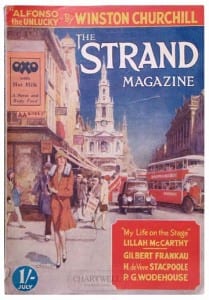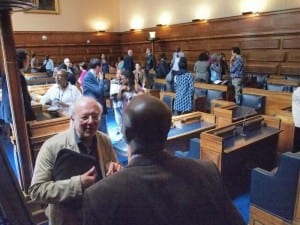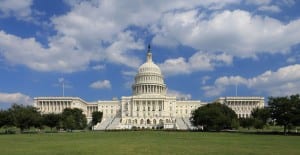Violence, the state and civil society in Mexico
By ucyow3c, on 14 November 2014
![]() Written by Anna Tyor, International Relations MSc
Written by Anna Tyor, International Relations MSc

Credit: Christian Frausto Bernal
Javier Trevino-Rangel, a professor at the Centre for Research and Teaching in Economics in Mexico City, went from city to city in Mexico interviewing middle class residents about violence in their communities and heard the same responses over and over again, all over the country: “The media blows things out of proportion”; “We need more reliable information”; and “I just skip this section in the newspaper”.
As we shifted chairs to make room for a growing audience, five distinguished speakers anxiously looked around the room hoping to address these issues by explaining challenging topics in Mexico including drug trade, militarisation of the state, rural violence, social media and human rights.
Following the disappearance of dozens of student teachers in the southern state of Guerrero, Mexico and the world cried out in protest after the discovery of mass shallow graves filled with their singed bodies. This poignant talk convened by the Radical Americas Network at the UCL Institute of the Americas came in light of these recent murders and attempted to shed light on who is to blame for such atrocities.
 Close
Close




